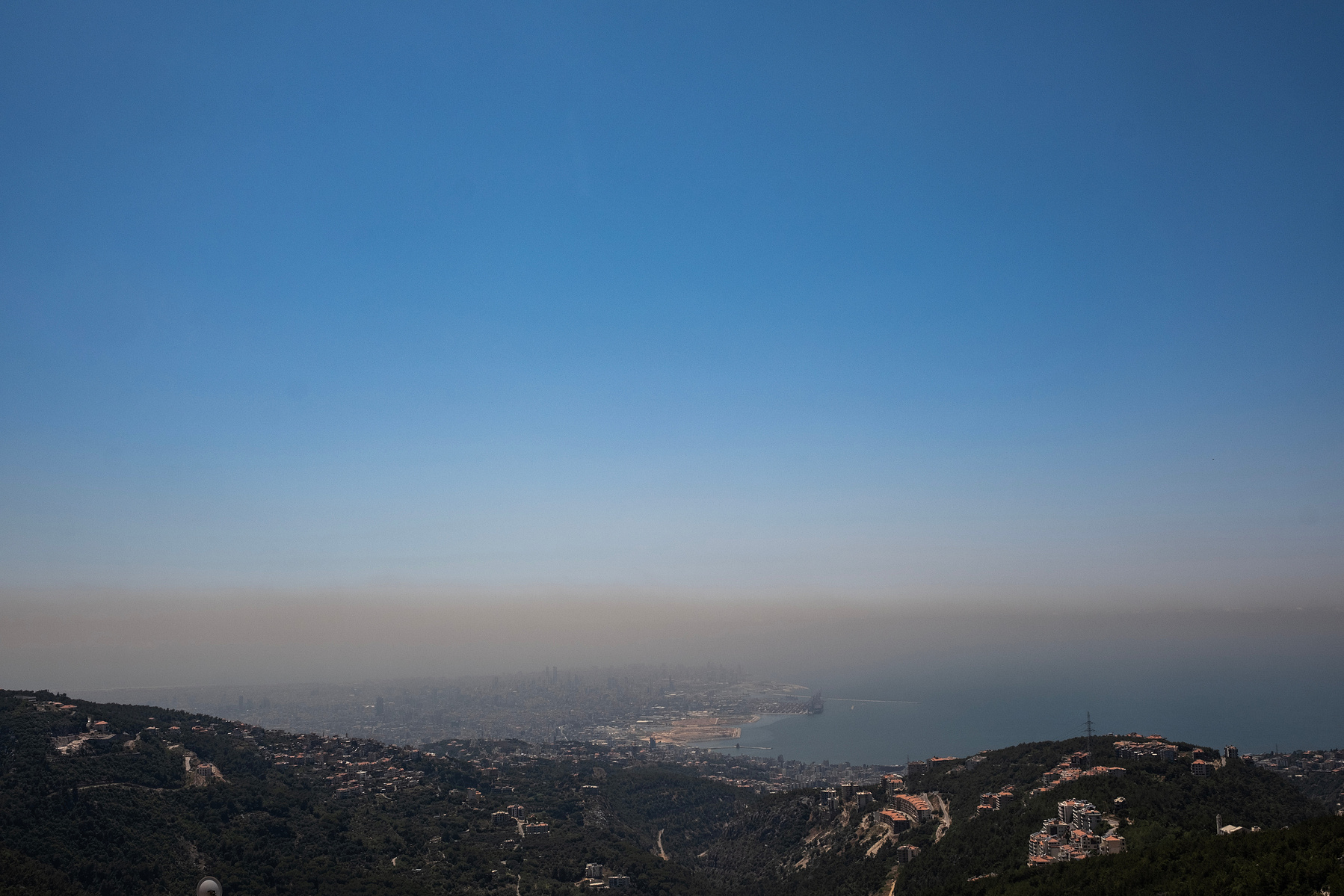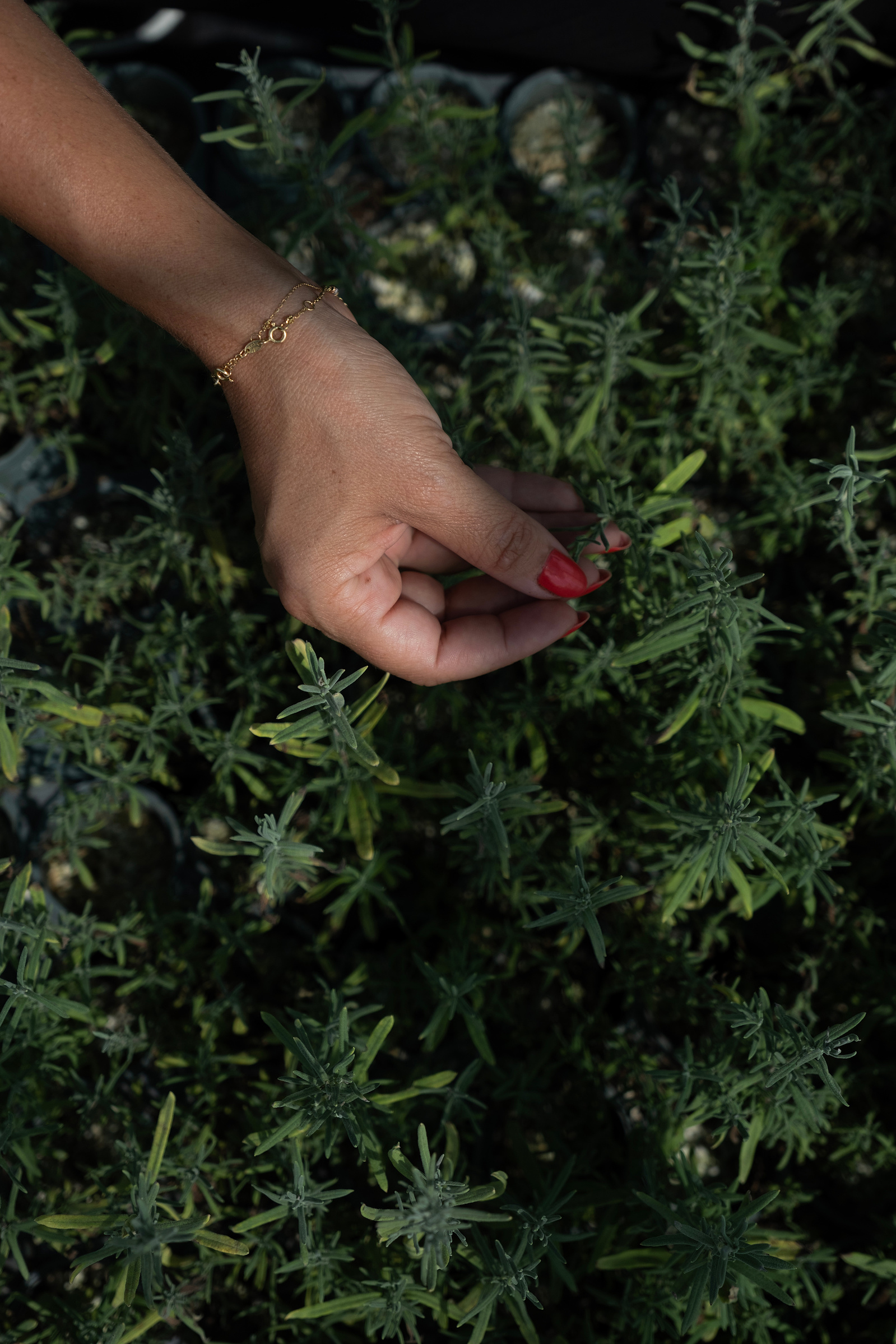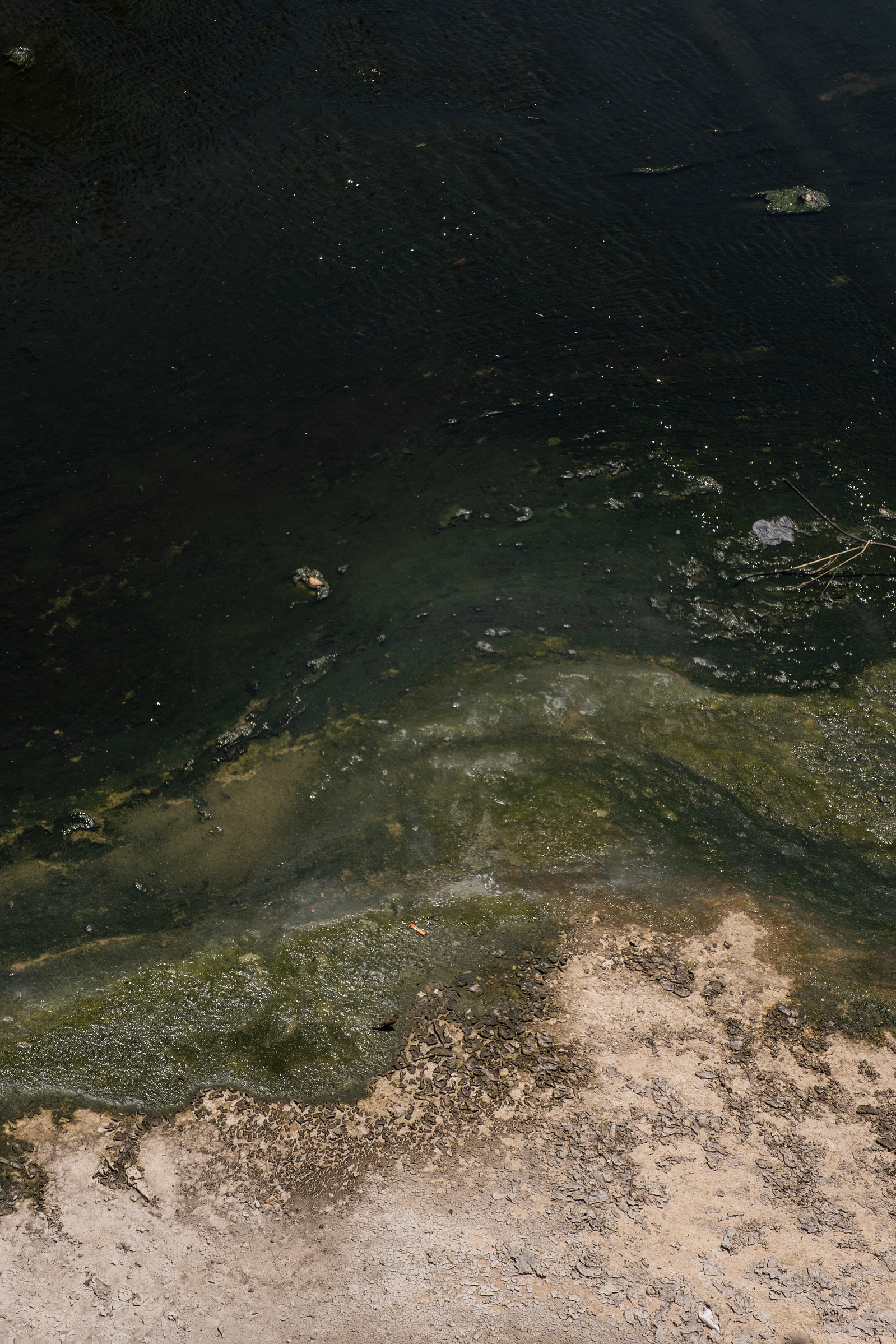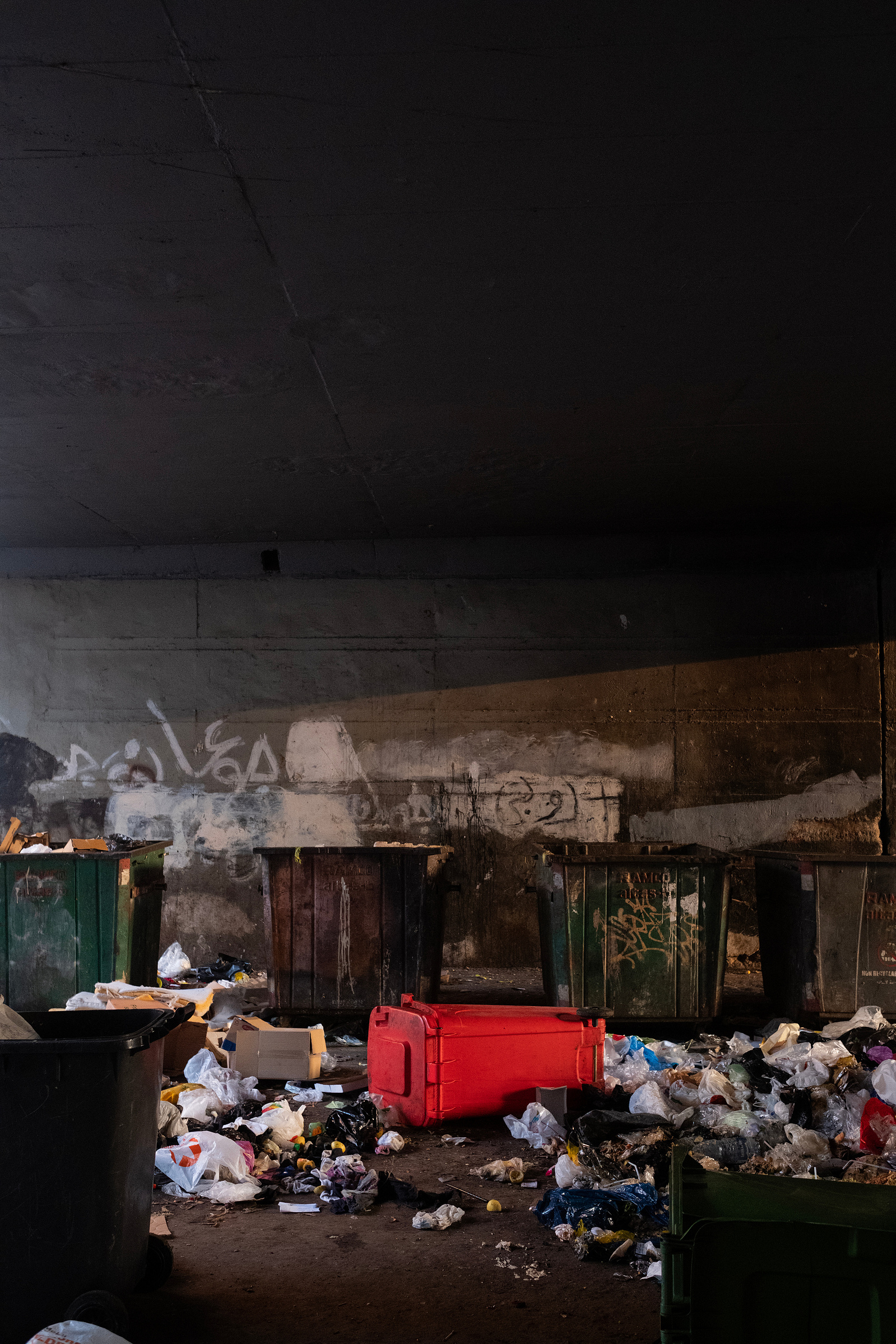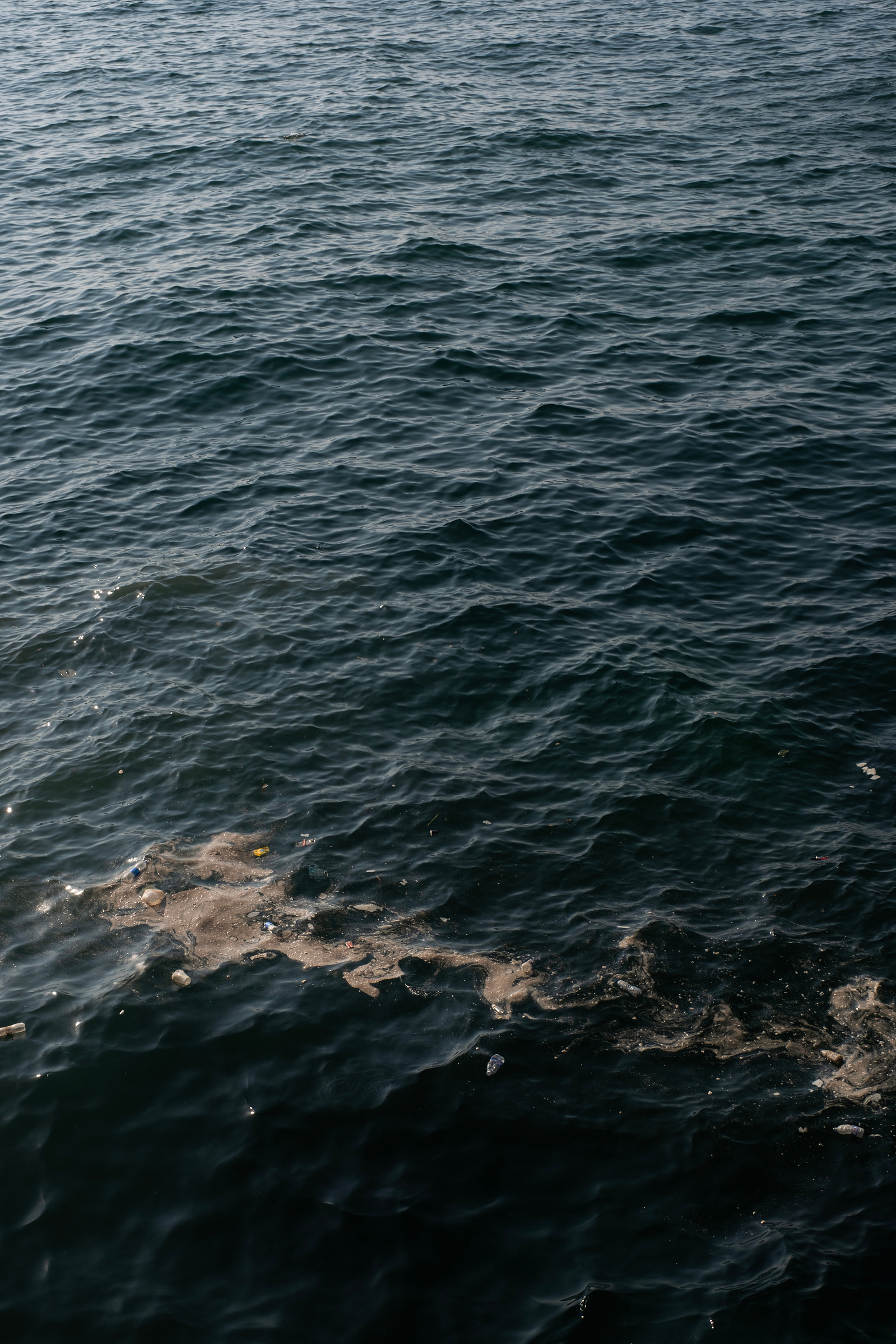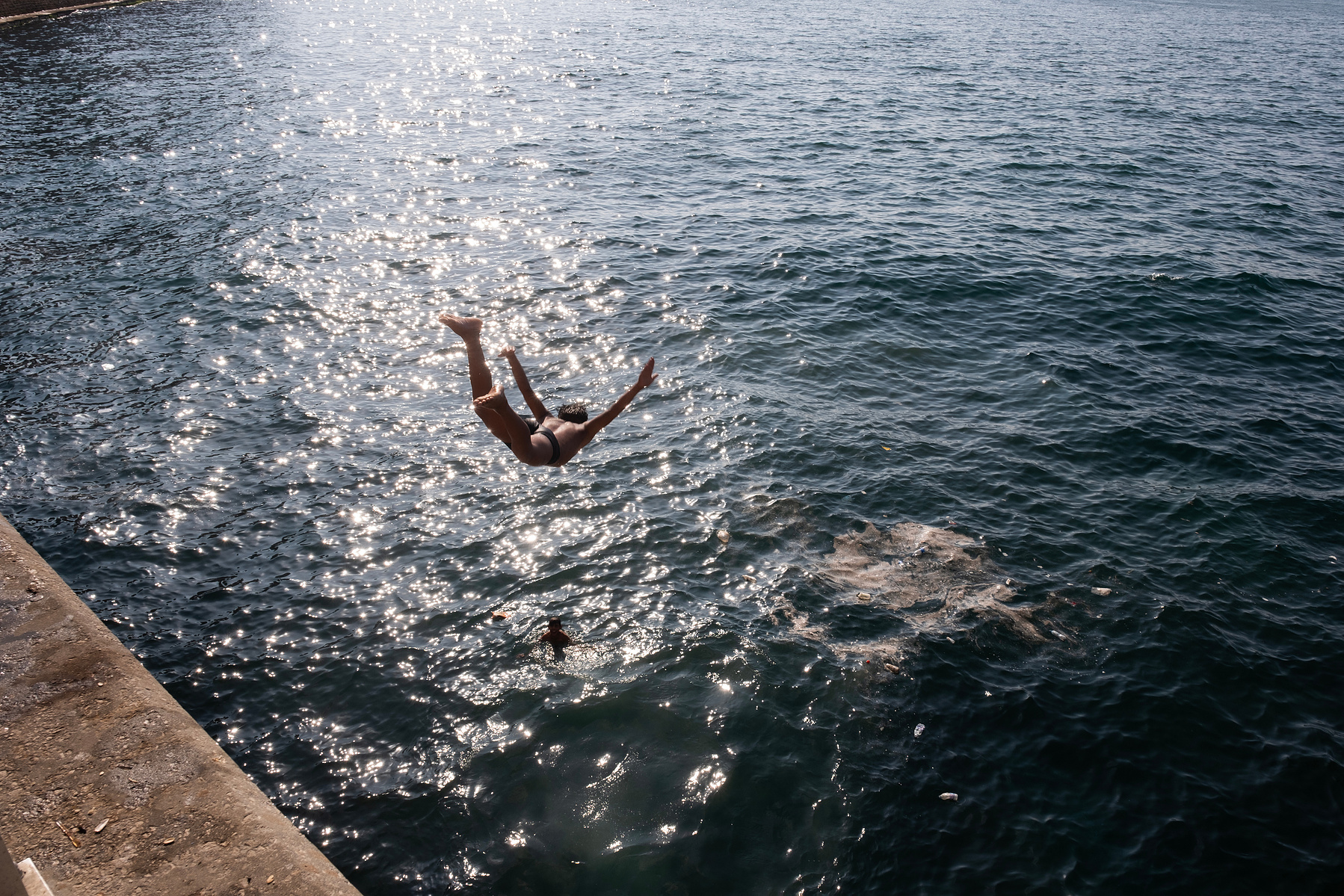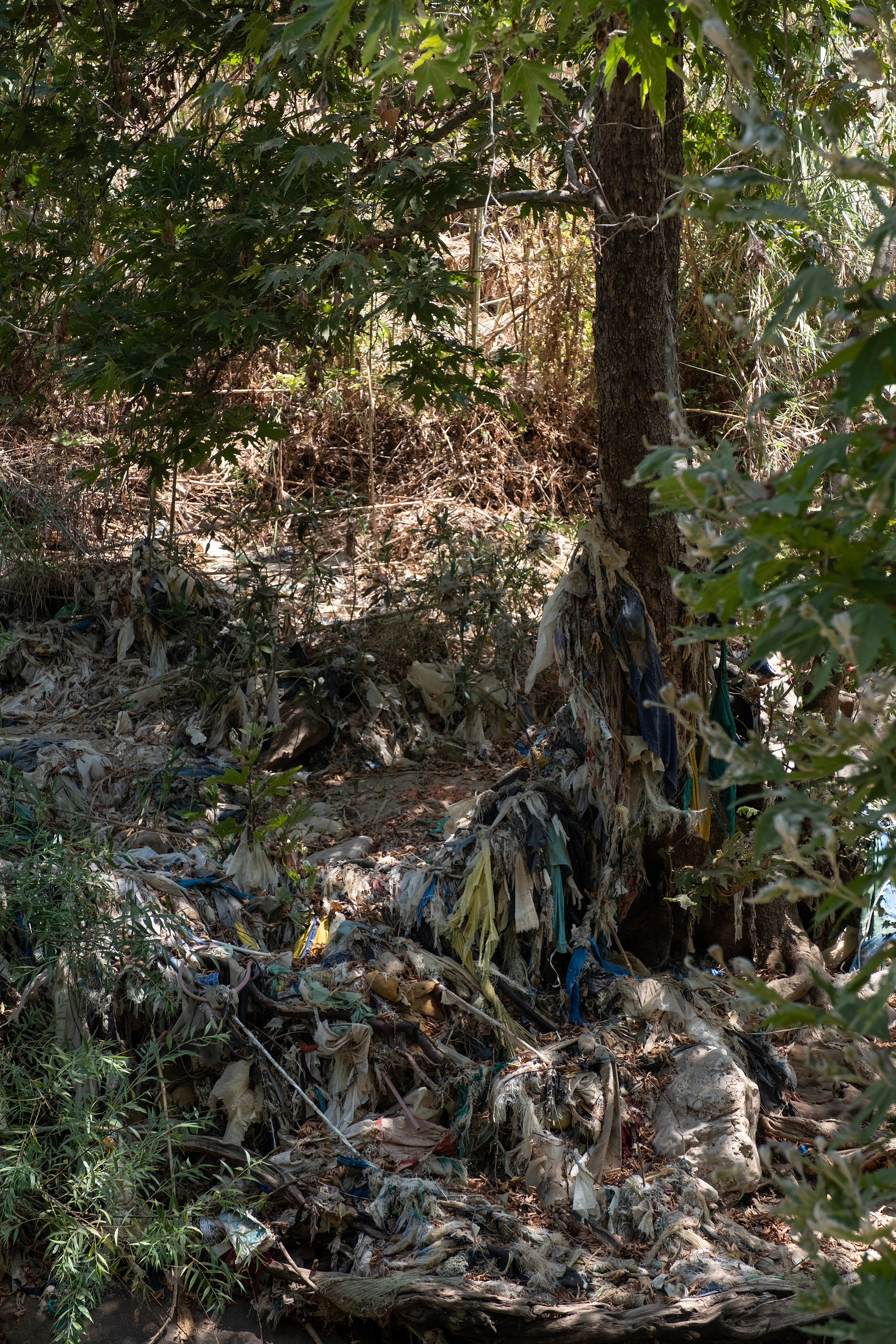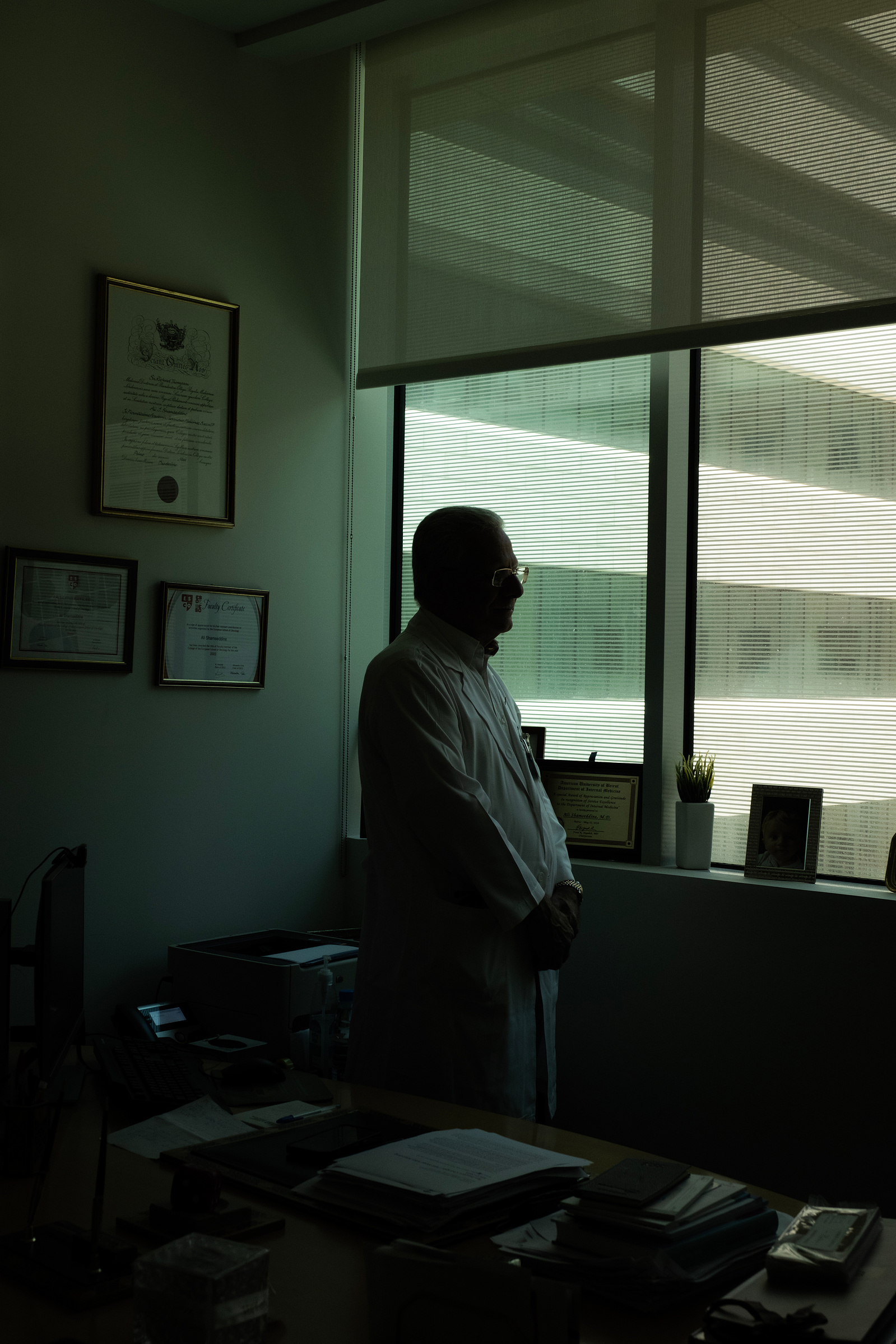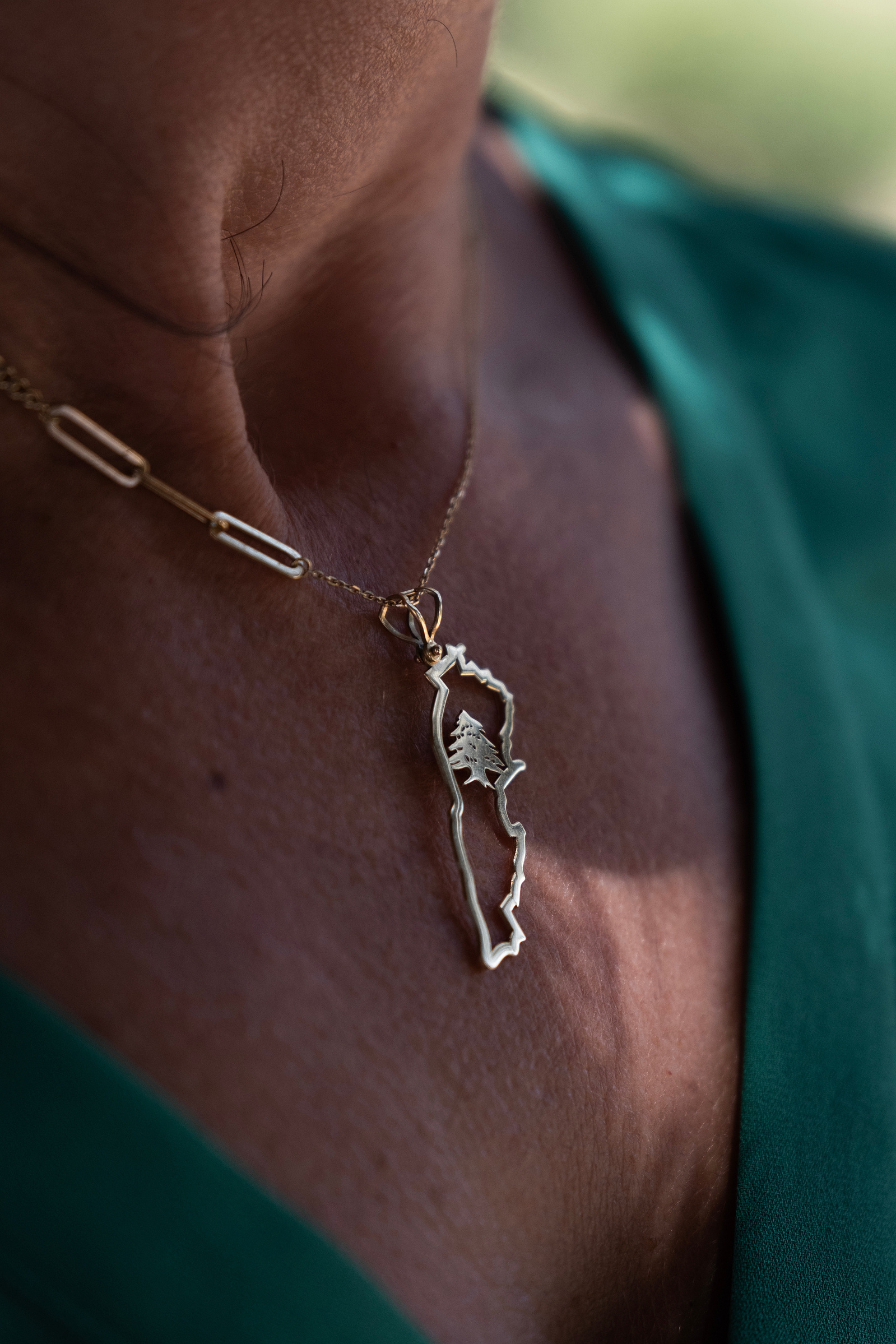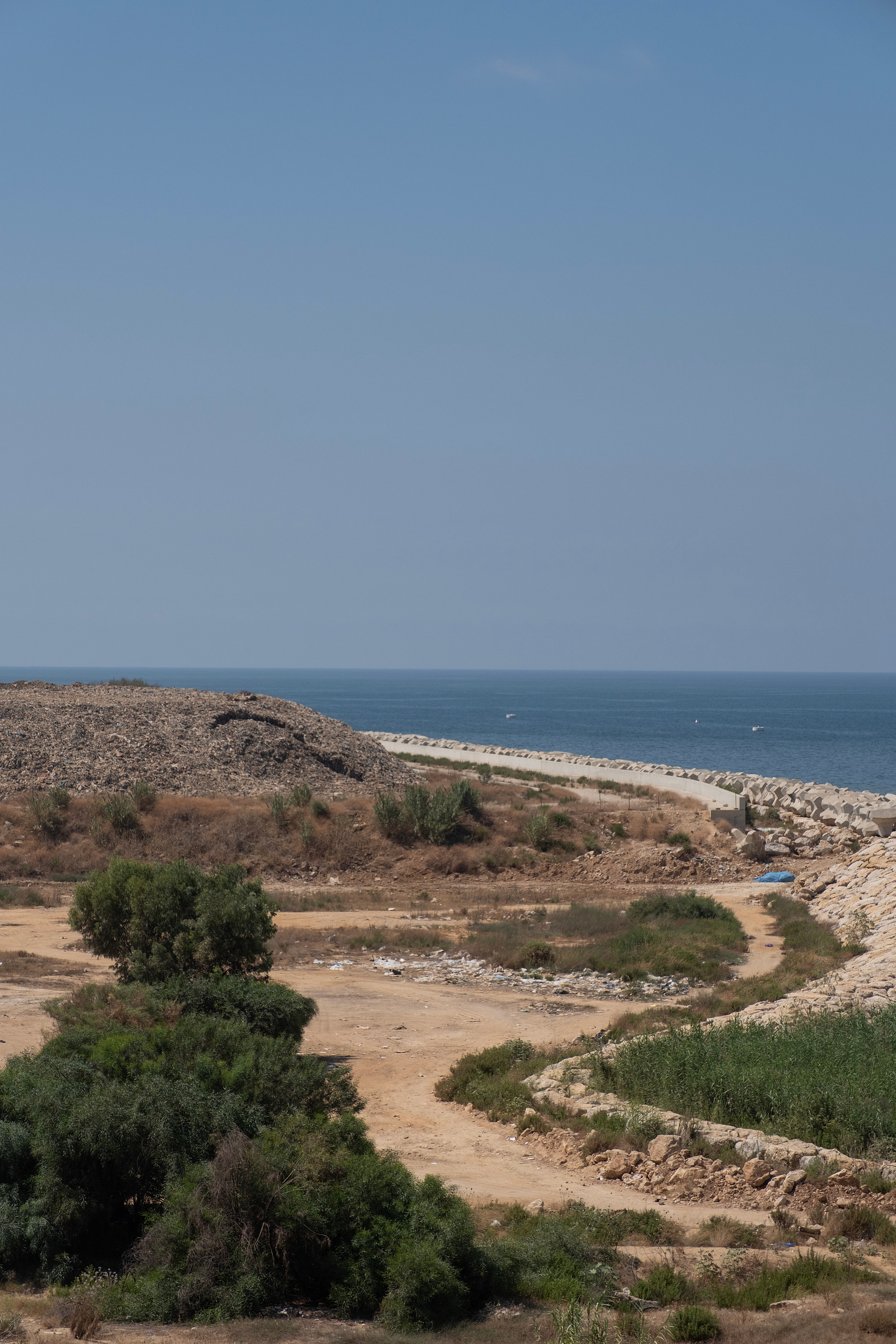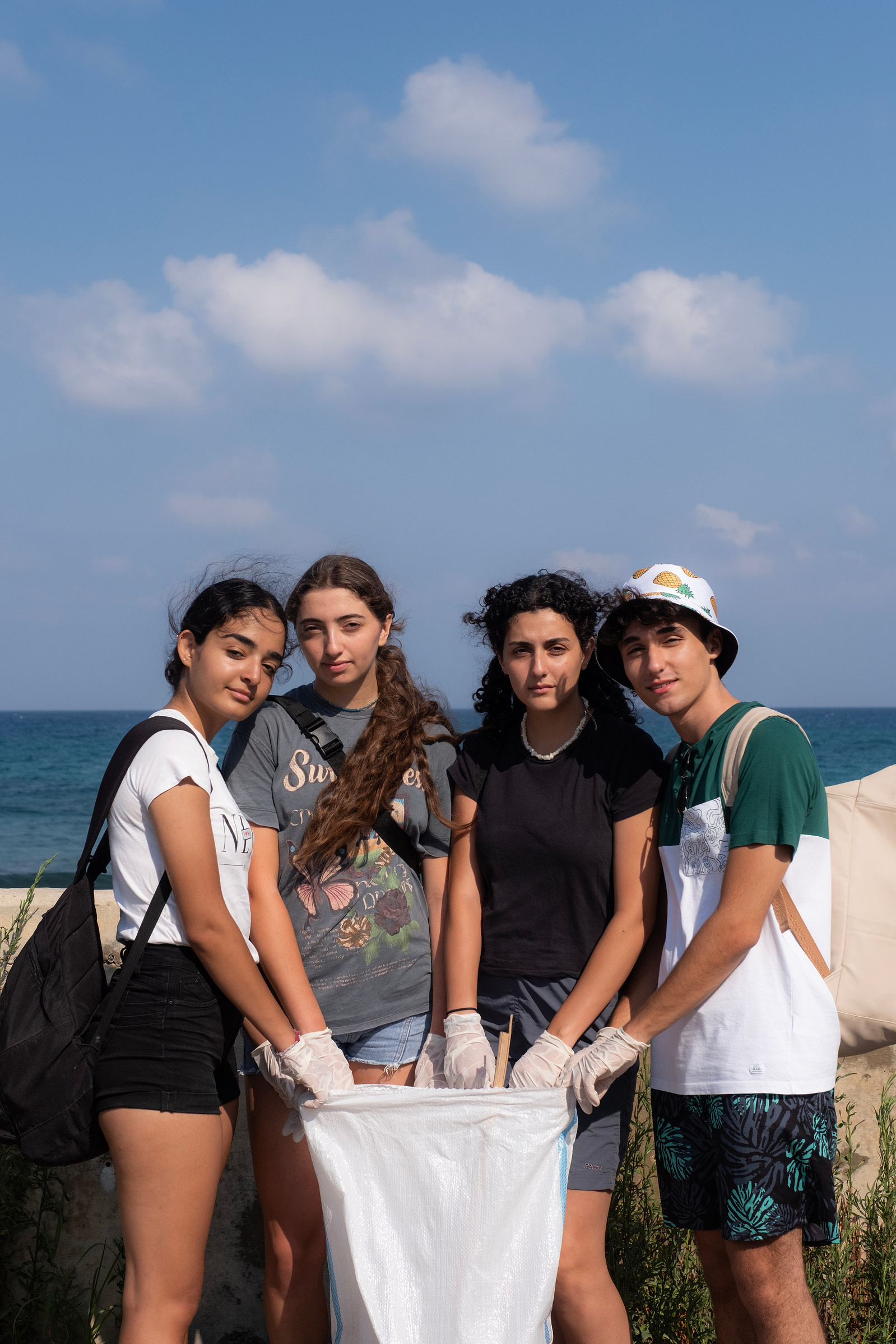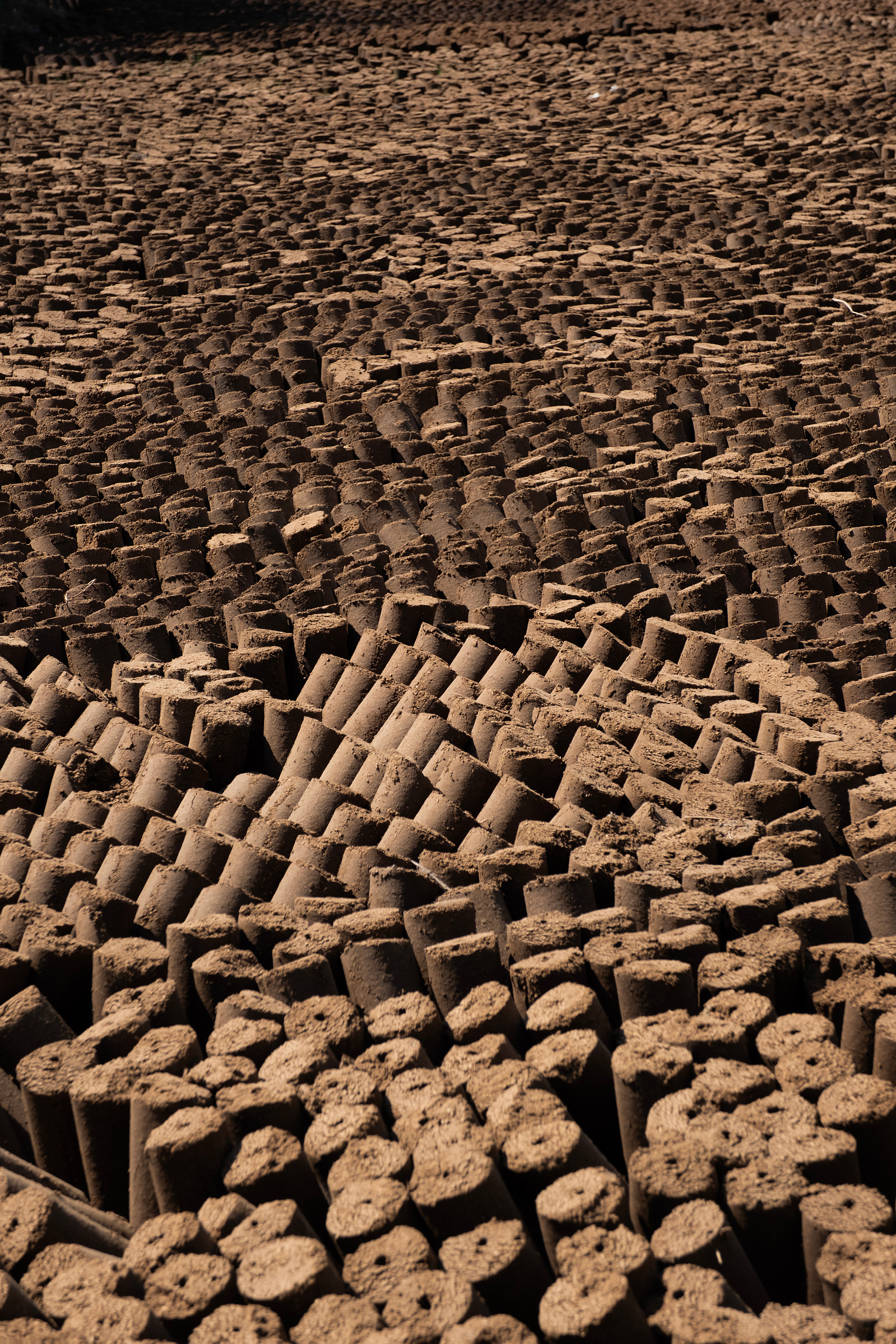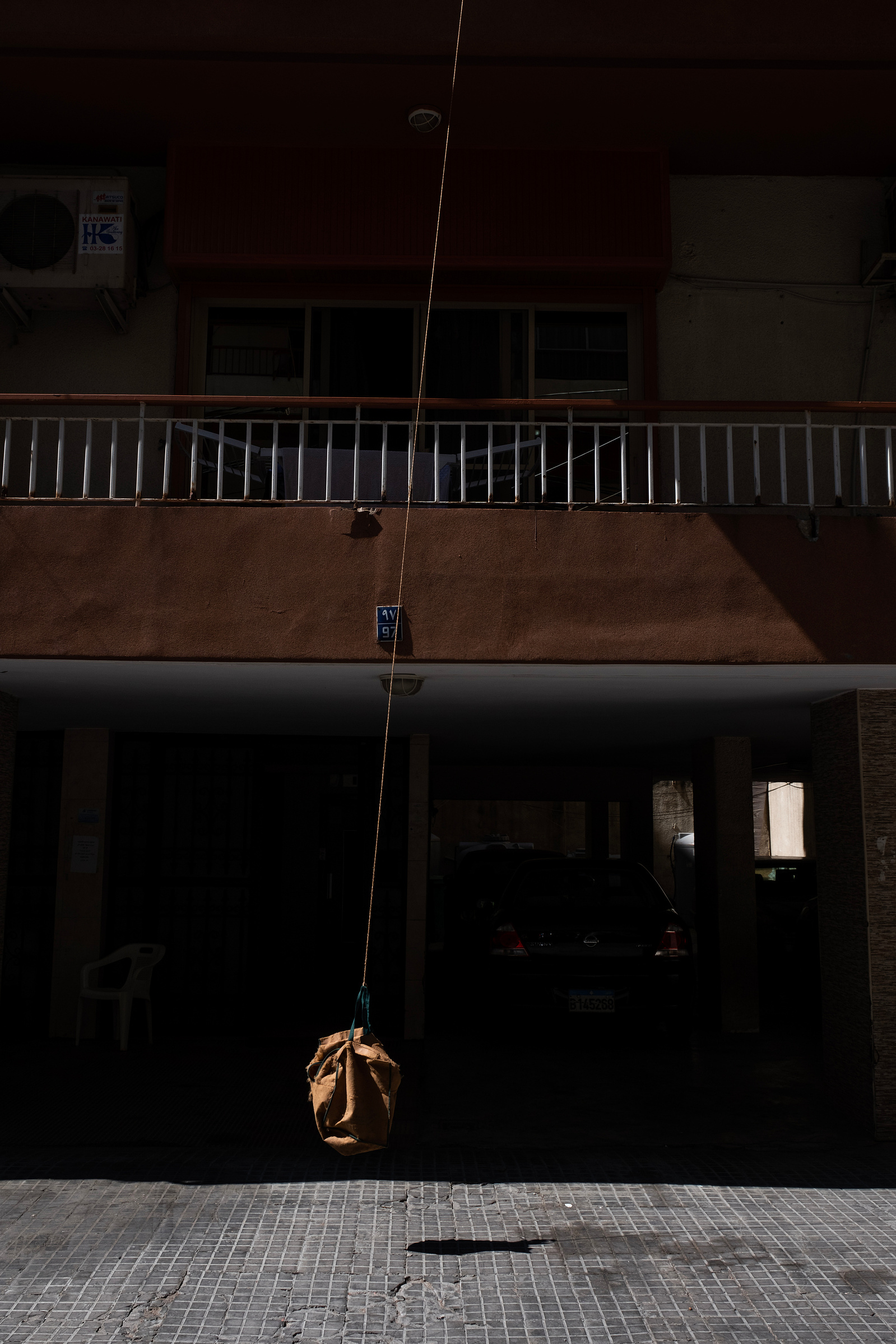"On Land, Sea, and Air", studies the continuing mass environmental crimes taking place in Lebanon- specifically the ongoing offensive
on land, sea, and air, due to its own incapable and failed government, and now, ecocide created by Israeli bombing farmland with white phosphorus bombs make the land unplantable.The World Bank says Lebanon is now in one of the worst economic crises anywhere in the world since the 1800s.
The country’s ecosystem is interconnected with socio-political instability. It used to be home to a thriving middle class, however, over the last few years, the country’s political elite have pushed 78% of the population to below the poverty line according to the UN.
SEA
92% of waste water is disposed into Lebanon’s sea without treatment and as a result, it’s unsafe to swim due to the high levels of toxicity. Furthermore, 96.2% river water harbours fecal bacteria, thus resulting in the majority of the population having no access to safe water.
AIR
Citizens barely have any access to government provided electricity, and are forced to pay for private electricity generators. State electricity barely provides a few hours per day. The country’s cities are dark at night, and pollution from diesel generators has risen by 300% since the beginning of the continuously worsening economic crisis- creating an everlasting thick brownish fog over Beirut.
This dense fog is highly carcinogenic and made from low quality fuel pumped into the air- cancer rates are rising. Zouk Mosbeh, home to one of the biggest power plants in the country which pumps out black thick smoke, was ranked 5th in the Arab world, and 23rd globally for cities most contaminated by nitrogen dioxide. Residents in Zouk Mosbeh are 7 times more likely to develop cancer than those in the already polluted Beirut.
LAND
Landfills have been mismanaged and toxic waste is seeping into the soil and contaminating the local agriculture industry, whose local population rely on the fruits and vegetables it grows. Lebanon's economic crisis has left many without the necessary fuel needed to heat their homes, leading to a growing problem of deforestation.
There are growing fears that, without sustainable conservation efforts, Lebanon may lose its natural beauty, in particular the already scarce cedar tree which is an emblematic symbol of their homeland.
A lack of regulation in everything from construction to waste management and land preservation has put Lebanon’s health, way of life, and cultural heritage at risk
I photographed the effects that negligence has had on Lebanon’s landscape, the citizens who are suffering from the consequences, Lebanon’s eco-warriors, establishments who have taken it upon themselves to create a better Lebanon, citizens secretly installing solar panels on their roofs, and other negative consequences that this has taken on a passionate people who love their country.
